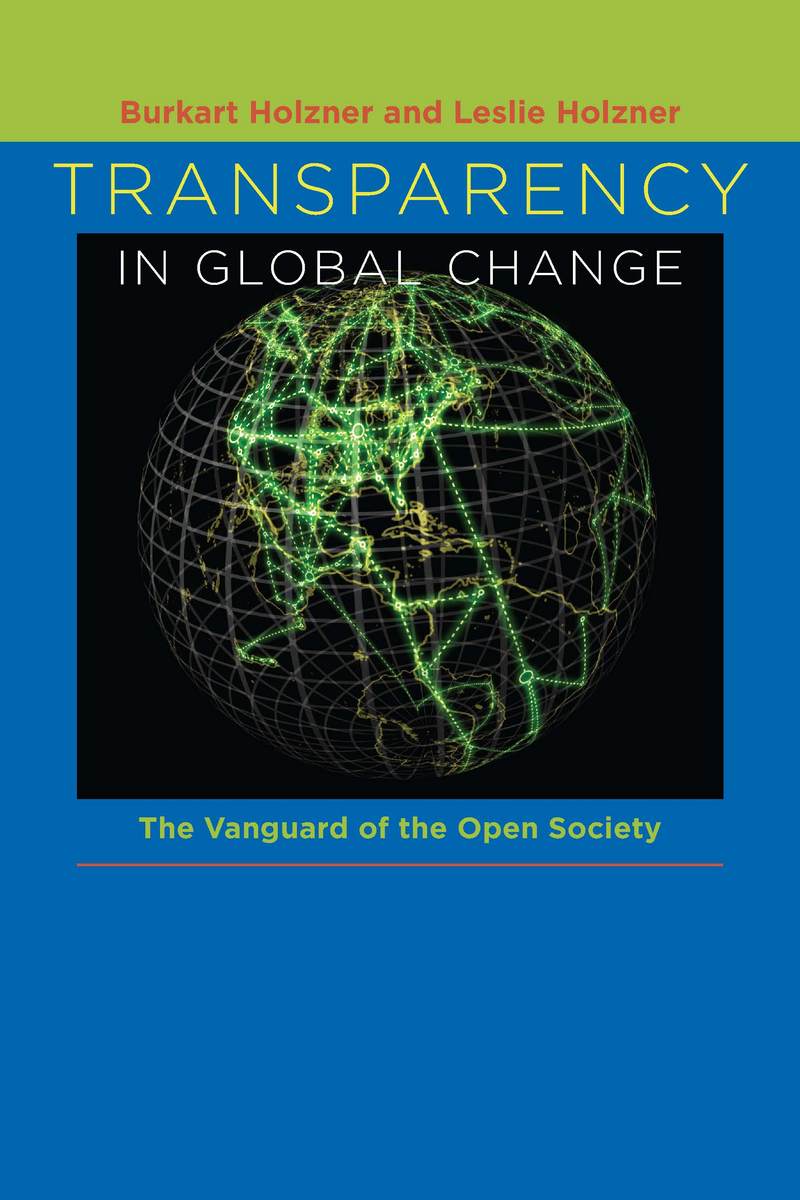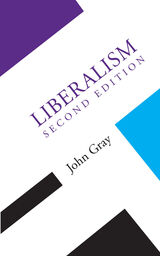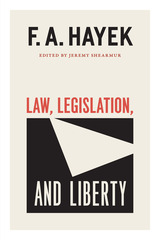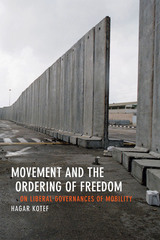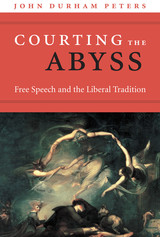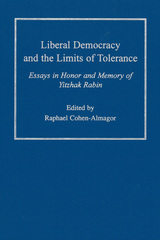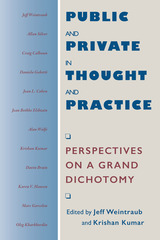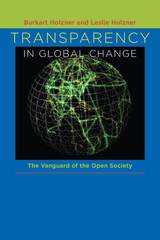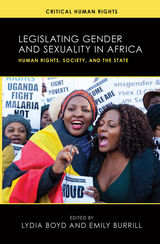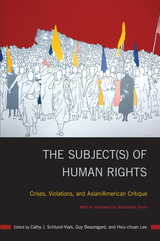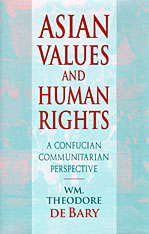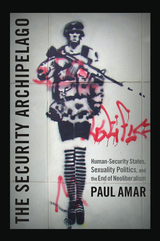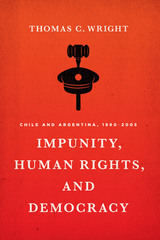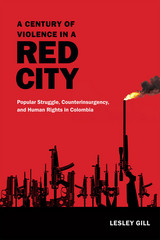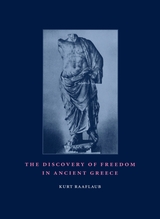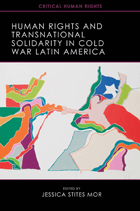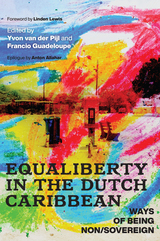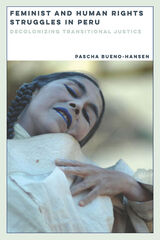Transparency in Global Change: The Vanguard of the Open Society
University of Pittsburgh Press, 2006
eISBN: 978-0-8229-7287-7 | Paper: 978-0-8229-5895-6
Library of Congress Classification JC598.H65 2006
Dewey Decimal Classification 352.88
eISBN: 978-0-8229-7287-7 | Paper: 978-0-8229-5895-6
Library of Congress Classification JC598.H65 2006
Dewey Decimal Classification 352.88
ABOUT THIS BOOK | AUTHOR BIOGRAPHY | REVIEWS | TOC | REQUEST ACCESSIBLE FILE
ABOUT THIS BOOK
Transparency in Global Change examines the quest for information exchange in an increasingly international, open society. Recent transformations in governments and cultures have brought about a surge in the pursuit of knowledge in areas of law, trade, professions, investment, education, and medical practice—among others. Technological advancements in communications, led by the United States, and public access to information fuel the phenomenon of transparency. This rise in transparency parallels a diminution of secrecy—though, as Burkart and Leslie Holzner point out, secrecy continues to exist on many levels. Based on current events and historical references in literature and the social sciences, <I>Transparency in Global Change</I> focuses on the turning points of information cultures, such as scandals, that lead to pressure for transparency. Moreover, the Holzners illuminate byproducts of transparency—debate, insight, and impetus for change, as transparency exposes the moral corruptions of dictatorship, empire, and inequity.
See other books on: Freedom of information | Global Change | Transparency | Transparency in government | Vanguard
See other titles from University of Pittsburgh Press
